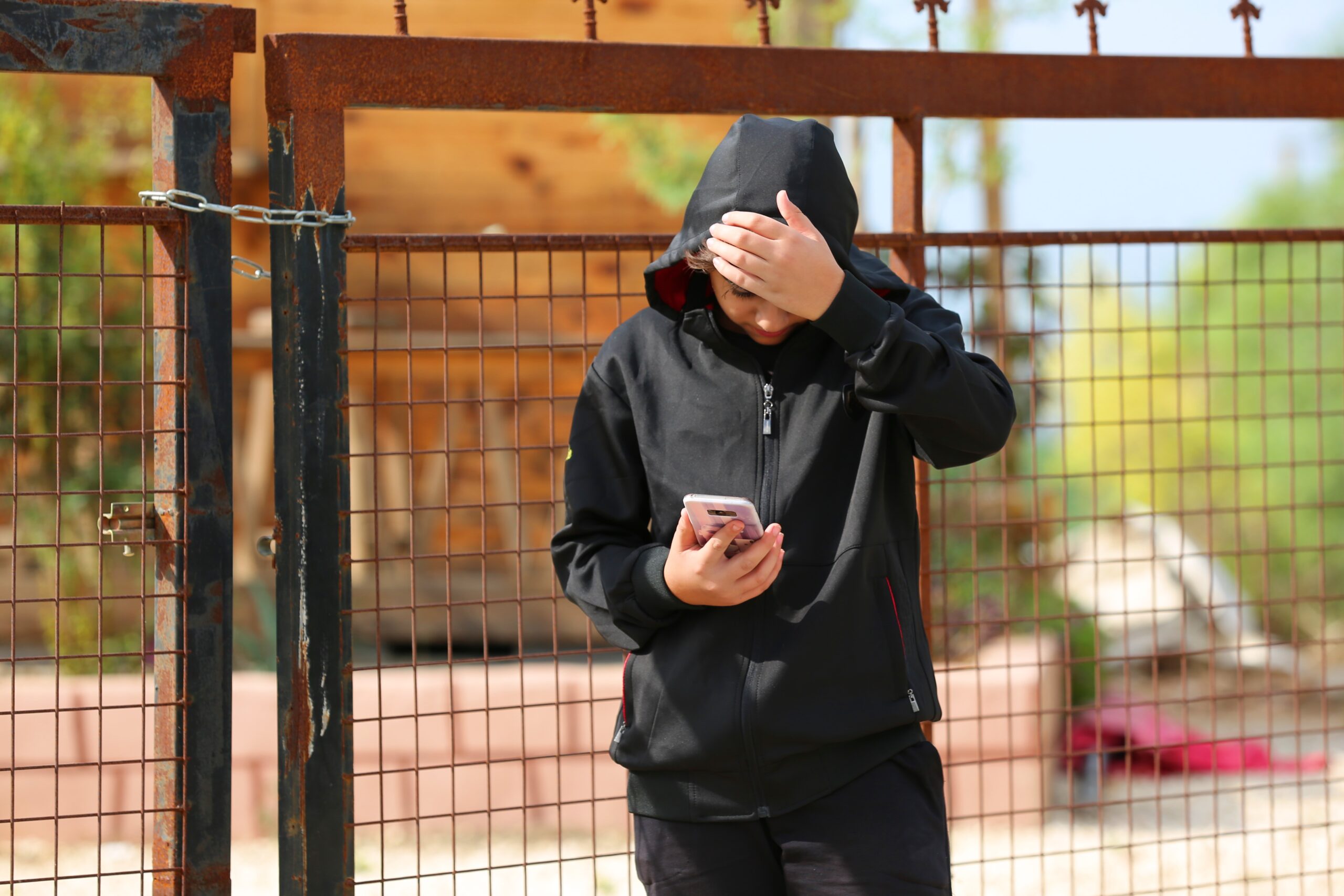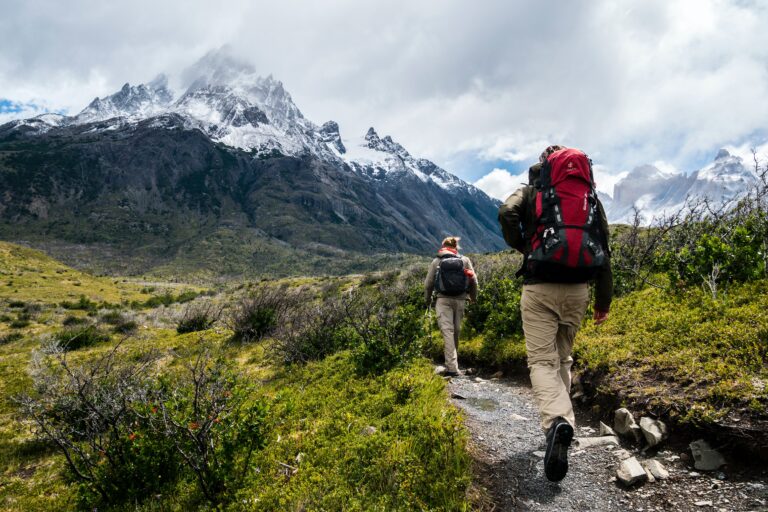How Not to Get Lost in a Foreign Country
Hey there, fellow wanderlust-stricken souls! Are you ready to embark on a thrilling journey to a foreign land? Exploring new cultures, tasting exotic cuisines, and witnessing breathtaking landscapes are just a few reasons why travel is so captivating. However, one of the biggest concerns we face while venturing into unfamiliar territories is the fear of getting lost. But fear not, dear traveler! In this blog post, I will share my tried and tested tips on how not to get lost in a foreign country, ensuring a seamless and enjoyable experience. So, grab a cup of coffee, sit back, and let’s dive right in!

- Do Your Homework:
Before jetting off to your dream destination, it’s essential to do some research. Familiarize yourself with the local customs, traditions, and basic phrases of the native language. Study the maps of the area and mark key landmarks, public transportation routes, and important streets. Understanding the layout of the city or town you’re visiting will provide a solid foundation for navigating your way around.
- Utilize Modern Technology:
In this digital era, we are fortunate to have an array of technological tools at our disposal. Make the most of them! Download reliable offline maps or navigation apps on your smartphone. These can be a lifesaver when you find yourself in an unfamiliar location. Additionally, take advantage of GPS tracking devices, such as wearable smartwatches or small GPS tags that can be attached to your belongings, ensuring their safety and enabling you to track them if lost or stolen.
- Always Carry a Physical Map:
While relying on technology is convenient, it’s wise to carry a physical map as a backup. There may be times when your phone battery dies, or you find yourself in a remote area with limited connectivity. A compact, pocket-sized map can save the day and guide you back on track.
- Learn to Read the Signs:
Street signs, public transportation signs, and landmarks are invaluable navigational tools in any country. Take some time to understand the signs and symbols commonly used in the region you’re visiting. Even if you don’t understand the language, decoding these visual cues can go a long way in finding your way around and avoiding confusion.
- Ask for Help:
When it comes to navigation, don’t be afraid to ask for help. Locals are often friendly and willing to assist lost travelers. Approach someone who looks approachable, like a shopkeeper or a police officer. Having a few basic phrases in the local language, such as “Excuse me, can you help me find this place?” can break the ice and make communication easier.
- Stick to Main Roads:
While exploring off-the-beaten-path is undoubtedly enticing, it’s advisable to stick to main roads, especially if you’re unfamiliar with the area. Main roads are more likely to have clear signage, public transportation options, and a higher chance of finding someone who speaks English. Once you gain more confidence and familiarity with the surroundings, you can gradually venture into the lesser-known areas.
- Blend In with the Locals:
To avoid standing out as an obvious tourist, try to blend in with the locals. Dress appropriately according to the local customs and culture. Avoid wearing flashy jewelry or displaying expensive gadgets, as they can attract unwanted attention. By assimilating with the local crowd, you’ll be less likely to become a target for scams or pickpockets.
- Stay Alert and Trust Your Instincts:
While immersing yourself in the beauty of a foreign land, it’s crucial to stay vigilant and trust your instincts. Be aware of your surroundings, especially in crowded areas or at night.
If something feels off or unsafe, don’t hesitate to remove yourself from the situation. Trusting your instincts is key to ensuring your safety while exploring a foreign country.
- Use Public Transportation Wisely:
Public transportation is often the most efficient and cost-effective way to get around in a foreign country. However, it can be daunting for first-time travelers. Research the local transportation options in advance and familiarize yourself with the routes, schedules, and ticketing systems. If you’re unsure, don’t hesitate to ask for help from station attendants or fellow passengers.
- Take Note of Landmarks:
While navigating unfamiliar territory, landmarks can be your guiding beacons. Take note of prominent landmarks such as statues, buildings, or unique structures. These landmarks can serve as reference points to find your way back or communicate your location to others in case you get lost.
- Travel with a Companion:
Traveling with a companion can significantly reduce the chances of getting lost. Not only will you have someone to share the experience with, but you can also rely on each other for navigation and support. Two heads are better than one when it comes to finding your way around.
- Join Guided Tours or Hire Local Guides:
If you’re feeling overwhelmed or simply want a hassle-free experience, consider joining guided tours or hiring local guides. These professionals have in-depth knowledge of the area and can provide valuable insights, ensuring you don’t miss out on the must-see attractions while staying on the right path.
- Stay Connected:
Having a means of communication is essential, especially when traveling alone. Ensure you have a working phone with a local SIM card or an international roaming plan. This way, you can reach out for help if needed and stay connected with your loved ones back home.
- Embrace Serendipity:
Despite all the precautions and planning, getting lost can still happen. Embrace it as part of the adventure! Some of the best travel experiences come from unexpected detours and chance encounters. Getting lost might lead you to hidden gems, off-the-beaten-path cafes, or charming local markets you wouldn’t have discovered otherwise. So, don’t be too hard on yourself if you take a wrong turn. Embrace the journey and the surprises it brings.
Getting lost in a foreign country can be nerve-wracking, but with the right mindset and preparation, it can also be an opportunity for growth and discovery. By doing your homework, utilizing technology, seeking help when needed, and trusting your instincts, you’ll be well-equipped to navigate through the unknown. Remember, travel is about embracing the unknown and immersing yourself in new experiences.
So, let go of your worries, step out of your comfort zone, and get ready for a thrilling adventure like no other. Happy travels, fellow explorers!







